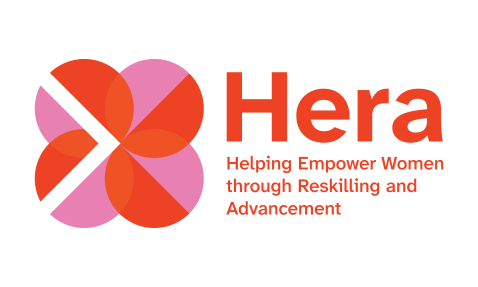Home automation technology opens up new possibilities for people with disabilities in their homes
My Sweet Smart Home, un proyecto desarrollado gracias a la financiación del programa Erasmus+, tiene como objetivo principal proporcionar un entorno inteligente que se adapte a las necesidades específicas de las personas con alguna discapacidad.

In a world where technology is advancing by leaps and bounds, its potential to improve the quality of life for people with disabilities is increasingly being recognised. From Down syndrome to cystic fibrosis, various conditions can present unique challenges in everyday life, but home automation technology is paving the way towards a greater level of independence and comfort in the home.
Visual, hearing or motor disabilities, as well as diseases such as Alzheimer’s, can complicate everyday tasks and reduce the autonomy of people who suffer from them. However, with advances in home automation technology, projects such as My Sweet Smart Home are opening new doors to independence and comfort.
My Sweet Smart Home, a project developed thanks to funding from the Erasmus+ programme, aims to provide a smart environment that adapts to the specific needs of people with disabilities. From the automation of tasks to the integration of voice-controlled devices and advanced security systems, this project aims to provide an environment that not only meets basic needs, but also promotes stimulation and comfort.
For the visually impaired, for example, home automation technology can include audible indication systems to inform them about the status of doors and windows. Similarly, voice control devices can facilitate access to information and control of smart devices, removing physical barriers and facilitating interaction with the environment.
In the case of people with motor disabilities, home automation can provide solutions such as automatic doors, automatic lighting and appliances controlled by voice or mobile devices, allowing a greater degree of independence in carrying out domestic tasks.
In addition, for those suffering from Alzheimer’s or other cognitive diseases, reminder and tracking systems integrated into home automation technology can help maintain consistency in daily routines by providing visual and auditory reminders for medications, medical appointments and other important tasks.
In short, home automation technology is proving to be an invaluable tool for improving the quality of life of people with disabilities in their homes. Projects such as My Sweet Smart Home are leading the way towards a future where independence and autonomy are accessible to all, regardless of the physical or cognitive problems they may face.







